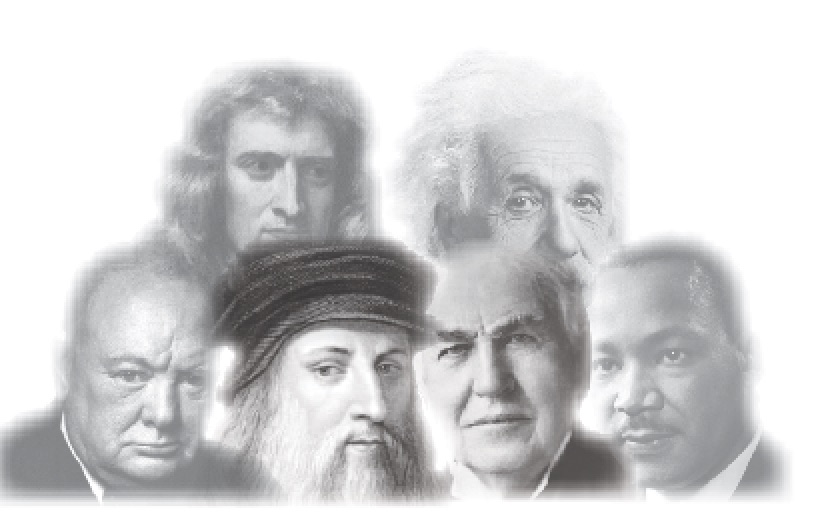
Exceptionality in any domain poses challenges and problems, because the world is designed to accommodate those of average height, of average size and average intellect. Tall people find themselves squashed into airline seats made for those of average size, while short people may have difficulty reaching the overhead storage compartment for their luggage. Clothing stores offer a wide range of products for people of average size, but those of exceptional size must shop in specialty stores or be content with a smaller selection of options.
Similarly, those who are much more or much less intelligent than average are faced with a variety of challenges. Those who have intelligence that is significantly below average, experience difficulty in learning new concepts and in obtaining employment involving higher order thinking skills. Navigating the challenges of new technology bring frequent frustrations and limited opportunities for building a comfortable and rewarding lifestyle.
Most books, movies, music and media target the average, because that’s where the greatest market resides. Those who are highly intelligent often have to wait a long time to find a movie of interest or a television program that offers some depth of thought. They have to look beyond the bestseller lists to find literature of interest to them. When Stephen Hawking wrote his book, “A Brief History of Time,” his publisher told him that every equation he included in the book would reduce his sales by 50%. Those who are highly intelligent, have to spend time researching books that speak to them at their intellectual level.
Those of high intelligence who seek music as a vehicle for reflection often turn to the classics, most of which were written in earlier centuries, to find the depth they seek. They either attend productions of a struggling symphony orchestra or scan a radio dial to find a publicly-funded station in a large urban area. In short, exceptionally high intelligence comes with challenges and potential problems. But do the advantages of high intelligence outweigh the problems?
When we investigate the lives of geniuses in past eras, such as Isaac Newton, Albert Einstein and Nikola Tesla, we see people who were isolated, lonely and misunderstood. When we look at the brilliant people of today, including Steve Jobs (founder of Apple and Pixar), Jeff Bezos (founder of Amazon) and Elon Musk (founder of Space X, Tesla, and Neuralink) we see people who were bullied as youngsters and misunderstood as adults. See: https://www.intelligence-and-iq.com/what-people-of-high-iq-should-understand/
So the answer to your question, “Is there such a thing as too much intelligence?” hinges on whether you think the benefits outweigh the problems. Different people will have different answers depending upon their willingness to tackle the challenges.
Personally, I have an insatiable desire to understand existence, consciousness and how this remarkable configuration that we call “the universe” has all come about. I lament that an understanding of all these things is beyond my intelligence and human intelligence in general, and may never be accessible. However, I would accept the risks and potential problems just to gain an insight into these things. So, in my opinion, there is no such thing as too much intelligence.
